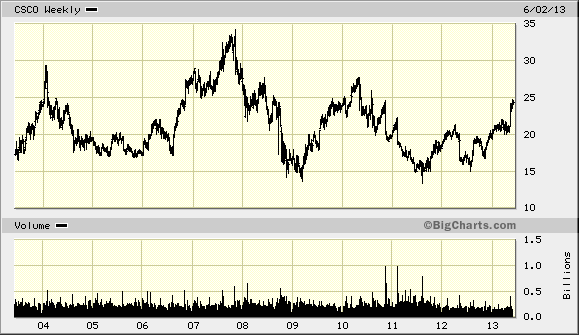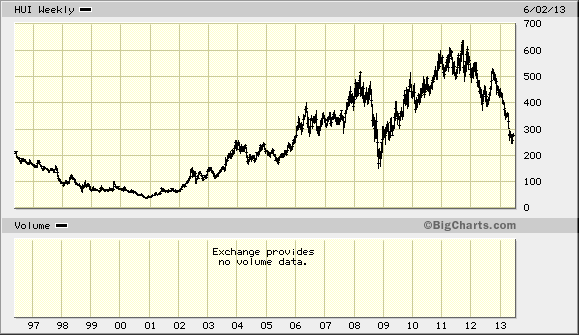Accounting shenanigans have a way of snowballing: Once a company moves earnings from one period to another, operating shortfalls that occur thereafter require to engage in further accounting maneuvers that must be even more “heroic.” These can turn fudging into fraud. (More money, it has been noted, has been stolen with the point of a pen than at the point of a gun.)” –Warren Buffett, Shareholder Letter, 2000.
We pick up from the last lesson and read Chapter 3 in Quantitative Value: Hornswoggled! Eliminating Earnings Manipulators and Outright Frauds.
This is an important chapter for improving as an investor. Your goal might be to understand accounting up to the intermediate level so as to adjust accounting principles into economic reality. What story are the numbers telling you?
Think of this chapter as a way to build an early-warning system for companies with weak accounting.
The authors propose three ways to detect aggressive accounting that lead to poor quality of earnings:
- Scaled total accruals (STA), which uncovers early-stage earnings manipulations
- Scaled net operating assets (SNOA) which captures a management’s historical attempts at earnings manipulation.
- The third is the probability of manipulation, or PROBM, a tool that identifies stocks with a high probability of fraud or manipulation.
When the growth in cumulative accruals (net operating income) outstrips the growth in cumulative free cash flow, the balance sheet becomes “bloated.” Stocks with balance sheets bloated in this way find it difficult to sustain earnings growth. When managements take the low road in aspects that are visible, it is likely they are following a similar path behind the scenes. There is seldom just one cockroach in the kitchen.
A warning sign is high accruals that show much higher income than cash flow. See pages 64 to 68 in Quantitative Value.
Though you should read this chapter carefully and for the nerds, dig into the research papers below, but I highly suggest studying Chapter 8 in Quality of Earnings, Chapter 8 (sent via email to Deep-Value at Google Groups). A gem of a book. and Defining Earnings Quality CFA Publication
Earnings Management, Fraud Detection and Adjusting for Accruals
How a group of Cornell Students sold Enron before the collapse
http://www.valuewalk.com/2014/10/beneish-m-score-earning-manipulators/
http://www.valuewalk.com/2013/06/red-flags-fraud-detection-2/
Information in Balance Sheets for Future Stock Returns
Earnings Mgt and LR Stock Performance of Reverse LBOs
Earnings Mgt and LR Performance of IPOs 1998
Can Forensic Accounting Predict Stock Returns
Analysts do not adjust adequately for accruals 2004
After a few days of digesting this post, we will tackle Chapter 4: How to Avoid the Sick Men of the Stock Market, in Quantitative Value.
How can we avoid bad news as investors through our knowledge of financial statement analysis and human motivations (incentives)?
Sound Money
The-Age-of-Inflation-Jacques-Rueff
A Banker for All Seasons John Exeter
An American Original: Voodoo Child
Have a Great Weekend!





